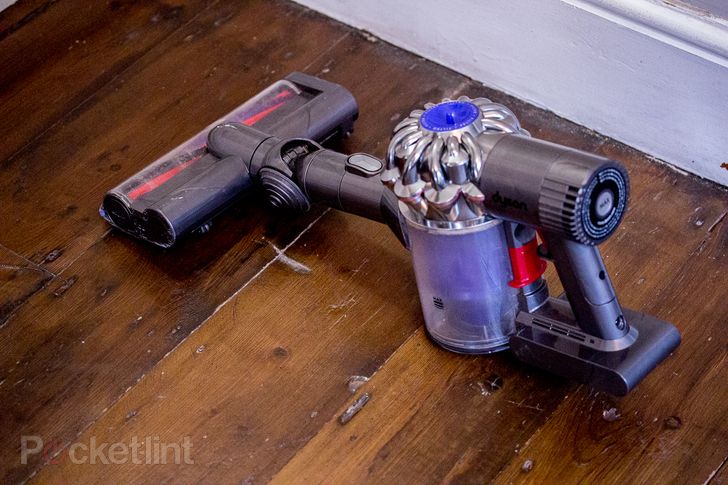Bagless vacuum company Dyson has invested £5 million into a robotics lab at Imperial College in London.
The research will be used to help robots understand the world around them, through better vision systems, the company told the BBC. It will cover both robotic vacuum cleaners and research for the self-aware, domestic robots seen in movies.
"A truly intelligent domestic robot needs to complete complex everyday tasks while adapting to a constantly changing environment," Prof Davison, head of robot vision at Imperial's department of computing, told the publication. "We will research and develop systems that allow machines to both understand and perceive their surroundings - using vision to achieve it."
With the funding, Imperial College will have 15 researchers on staff working to better the robotics field. It will be made up of scientists from the college, along with engineers from Dyson.
Dyson designed a robot vacuum in 2001, but Sir James Dyson didn't want to bring it to market because of its clunky design. If the team at Imperial creates a robotic vacuum to bring to market, Dyson will be competing with robot vacuums already available from the likes of iRobot and LG.
Dyson has carved out a huge place in the vacuum market, announcing a 20 per cent growth in profits for an annual turnover of £1.2 billion in 2013.
Sir James Dyson has committed his company to "robust investment" and a focus on research and development to someday launch futuristic products - perhaps like personal butler robots. Dyson has been doing research at Imperial College since 2005.
In January, Dyson set out to recruit 250 new members for a research and development staff at its headquarters in Wiltshire.

